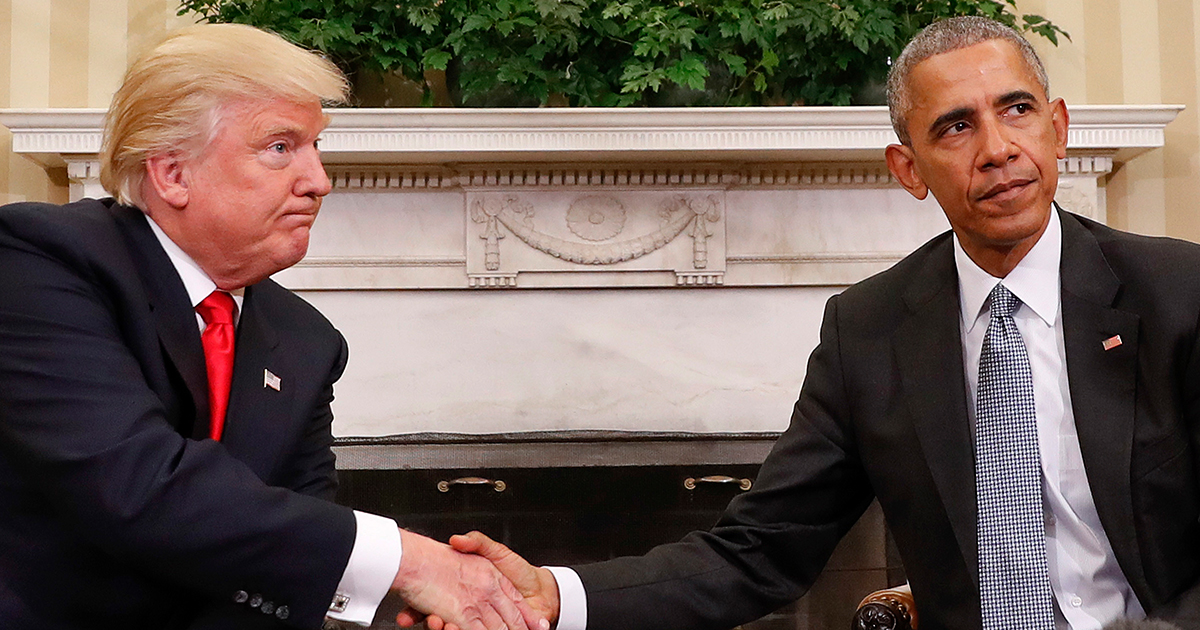What Americans Want to Know About Obamacare

By:
In spite of recent record-high enrollment in health insurance policies through the Affordable Care Act (ACA) in 2016, the number of new enrollees dipped this year to 2.1 million, down from last year's 2.4 million. That shift can be explained, in part, by the prospect of a federal health care overhaul under Donald Trump's administration.
 AP/Pablo Martinez Monsivais - apimages.com
AP/Pablo Martinez Monsivais - apimages.com
The president-elect campaigned on a pledge to end President Barack Obama's signature legislation, colloquially known as Obamacare, and that's left some potential enrollees wondering, "What's the point of signing up now?"
The short answer is that enrolling in health insurance plans included in the ACA this year will guarantee coverage through the end of 2017, U.S. Department of Health and Human Services Secretary Sylvia Burwell told CNBC Dec. 22. The federal government doesn't actually manage individual policies — it sets guidelines that insurers are required to follow — so that means insurers are bound to private contracts until the year ends.
A larger question remains: What does record-high enrollment mean with respect to Trump's health care reform agenda?
 Stocksy/Per Swantesson - stocksy.com
Stocksy/Per Swantesson - stocksy.com
Regardless of how prospective enrollees may have reacted to Trump's oppositional rhetoric towards Obamacare, the total number of health insurance enrollees under the ACA increased by about 400,000 from 2015 to 2016, with a total of nearly 6.4 million Americans who signed up, according to federal officials on Dec. 21. Of that number, 4.31 million were returning customers while the 2.1 million were new customers, a drop from the 2.4 million new consumers who enrolled last year. This overall increased enrollment, combined with declining support for a full repeal of the ACA, has raised questions about the future of Obamacare.
"Today's enrollment numbers confirm that some of the doomsday predictions about the marketplace are not bearing out," Burwell said to CNBC. "American people don't want to go backwards. They don't want to gamble with their health care during a repeal and delay."
Though Trump has promised to go forward with a full repeal the first day he assumes office, policy experts have cast doubts on that plan. After all, a full repeal would require 60 votes in the Senate, and there are only 52 GOP members. The second option, a budget reconciliation, would require 51 votes — but it would only allow members of Congress to change certain provisions of the ACA that directly relate to federal spending such as Medicaid expansion.
The fate of Obamacare is uncertain, but health care policies under the ACA are likely safe for 2017. What's unclear is whether Trump will proceed to orchestrate repeals of select provisions of the ACA or wait until the Republicans in Congress propose their own health care policy to prevent nearly 30 million Americans from losing their coverage in the event of a repeal.
